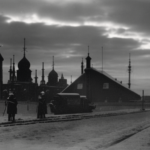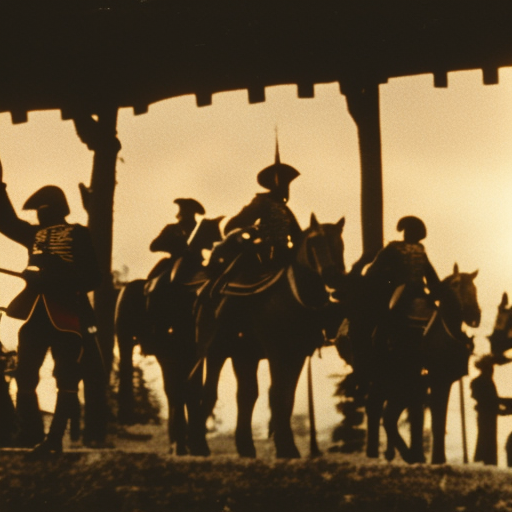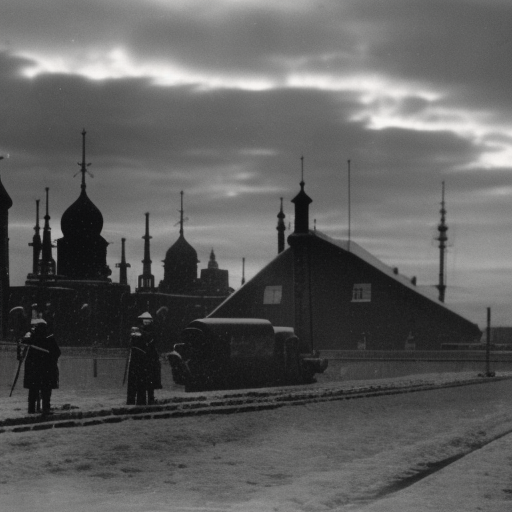The Seven Years’ War (1756-1763)
The Seven Years’ War, also known as the French and Indian War in North America, was a global conflict that took place from 1756 to 1763. It involved major European powers, including France, Britain, Austria, and Prussia, and had a significant impact on the balance of power in Europe and the colonization of North America.
Causes: The main causes of the war were territorial disputes, conflicting colonial ambitions, and the desire for dominance among the European powers. France and Britain, in particular, were engaged in a struggle for control over North America and its valuable resources.
European Theater: The war began in Europe when Frederick II of Prussia invaded Saxony, triggering a series of alliances and counter-alliances. France, Austria, and Russia formed an alliance against Prussia and Britain, while Britain formed an alliance with Prussia. The conflict spread across Europe, with battles taking place in Germany, Austria, and the Baltic region. The war was characterized by brutal fighting and high casualties on both sides.
North American Theater: In North America, the conflict was primarily fought between Britain and France. The British colonies, supported by their Native American allies, sought to expand westward into French-controlled territories. The French, on the other hand, aimed to maintain their dominance in the region. The war in North America was marked by a series of battles and sieges, including the famous Battle of Quebec in 1759, where British forces under General James Wolfe defeated the French and effectively ended French control in Canada.
Impact on Europe: The Seven Years’ War had a profound impact on the balance of power in Europe. Prussia emerged as a major European power, thanks to the military genius of Frederick II. The war also weakened France and Austria, leading to a shift in the balance of power towards Britain. The Treaty of Paris, signed in 1763, confirmed British dominance in North America and marked the beginning of Britain’s colonial empire.
Impact on North America: The war had significant consequences for the colonization of North America. With the French defeated, Britain gained control over Canada and expanded its territories westward. However, the war also strained relations between Britain and its American colonies. The British government imposed new taxes on the colonies to help pay for the war, leading to growing resentment and eventually fueling the American Revolution.
Global Impact: The Seven Years’ War had a global impact, as it involved major European powers and their colonies around the world. It marked the beginning of Britain’s rise as a global superpower and the decline of France as a colonial power. The war also had economic consequences, as it disrupted trade and led to a significant increase in national debts for many countries involved.
In conclusion, the Seven Years’ War was a global conflict that reshaped the balance of power in Europe and had significant consequences for the colonization of North America. It marked the rise of Britain as a dominant colonial power and the beginning of tensions between Britain and its American colonies. The war had far-reaching effects on politics, economics, and the course of history.












